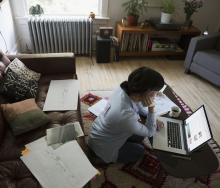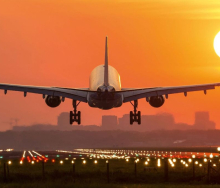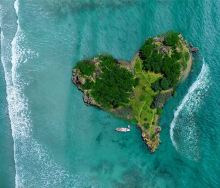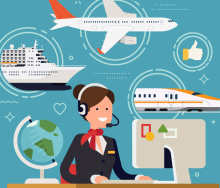As many as 1.1 million people may lose their jobs in South Africa because of the effects of COVID-19 on the tourism industry, and the containment measures implemented globally and in SA.
This may come as a surprise to a lot of people who are not fully aware of the knock-on effects of the COVID-19 containment strategy with regard to tourism, according to Tourism and Hospitality adviser, Gillian Saunders.
“Governments worldwide may have miscalculated the economic impacts of their containment measures when it comes to tourism. Tourism has still not been fully understood or appreciated as an economic sector but after this event perhaps there will be more recognition of its economic contribution.”
Gillian says the lack of understanding results in an underestimation of the impact of travel bans and gathering bans, and a lack of understanding of the early and enduring impacts of the containment measures on this industry.
“It is not unlikely that 2020 in South Africa will see five months of no travel and tourism (roughly March to July) and the remainder at well below 50% - a total decline in this industry of possibly 75% or more for the year.”
Subsequently, supporting 1.5 million jobs – directly and indirectly – that means potentially more than 1.1 million fewer jobs due only to declines in travel and tourism. These impacts will ripple through the economy in unexpected ways.
“For instance, the car-hire industry alone purchases almost 10% of the vehicles manufactured in South Africa, and this is before the many coaches and minibuses that the tourism wheels operators buy locally,” Gillian points out, adding that travel and tourism’s decline will impact vehicle manufacturing significantly.
A little known fact is that tourism represents directly (before the multiplier effect) some 8% of the retail industry in this country. Travel and tourism also drive sales of petrol, diesel and jet fuel (travel needs fuel), manufacturing of textiles (towels, linen, blankets, duvets, décor fabrics, uniforms), furniture, crockery, cutlery and kitchen equipment, cleaning products and guest supplies, services such as banking (credit card fees are a big element for banks), marketing, laundry, and security etc.
And finally, agriculture. Not just the wine and beer industries but all agriculture, says Gillian. “Take just one product and one hotel group: City Lodge (which only does simple breakfasts) consumes 1.4million eggs a year – this multiplies out for all tourist accommodation.”
City Lodge has 7 000 rooms in SA of an estimated total of 250 000 rooms in the country. Therefore, just for breakfast, tourists consume around 50 million eggs annually. “Add to this poultry and meat, grains, milk, cheese, vegetables and fruit – tourism supports a chunk of the local agricultural sector,” she says.
The ripple effects of the longer-than-lockdown impacts on the tourism industry are going to be widely felt throughout the economy, Gillian says.













